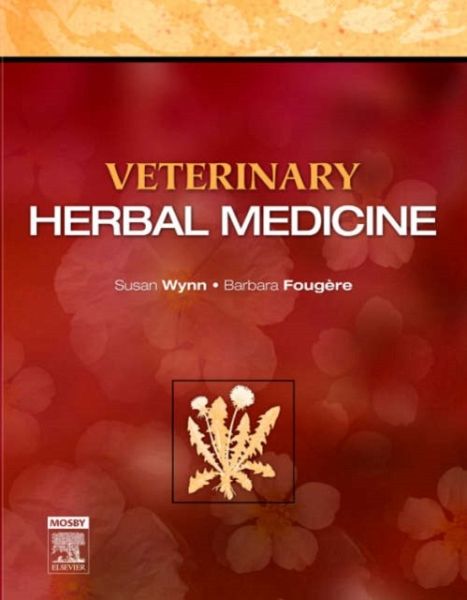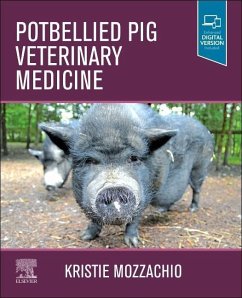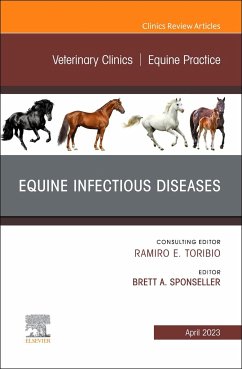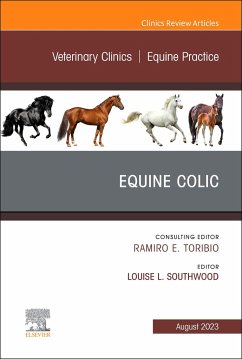
Veterinary Herbal Medicine

PAYBACK Punkte
56 °P sammeln!
Provides comprehensive information on herbal remedies for both large and small animal species. The coverage includes: clinical uses of medicinal plants, specific information on how to formulate herbal remedies, a systems-based review of plant-based medicine, and information on the different animal species, such as dogs, cats, avian and poultry.













